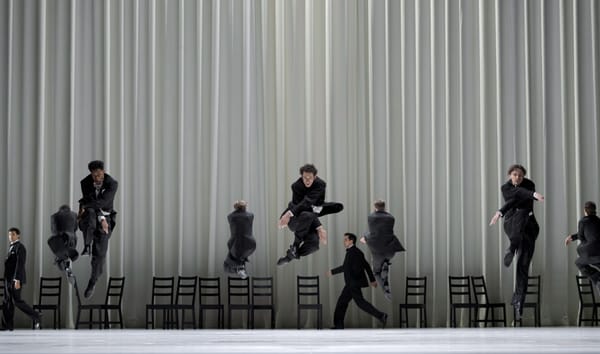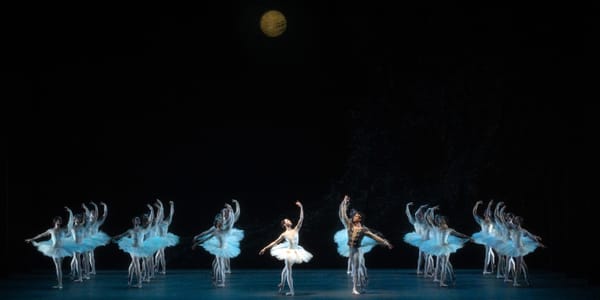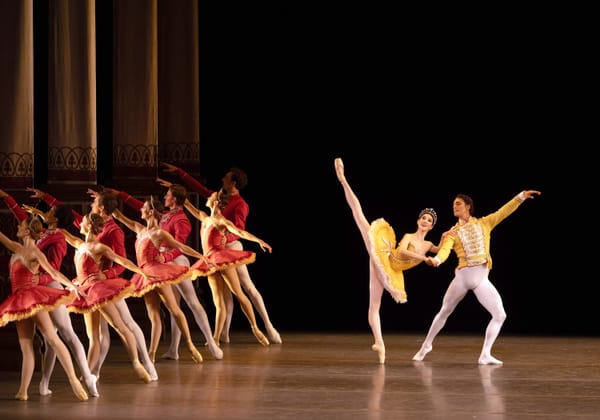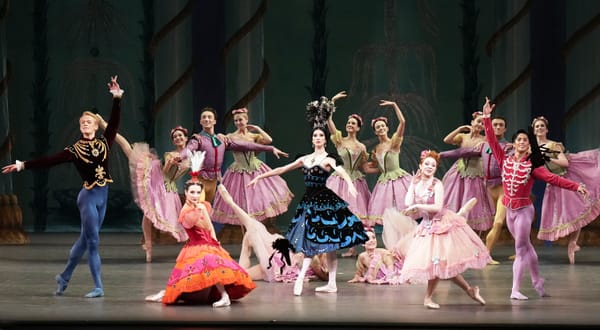More Revelations
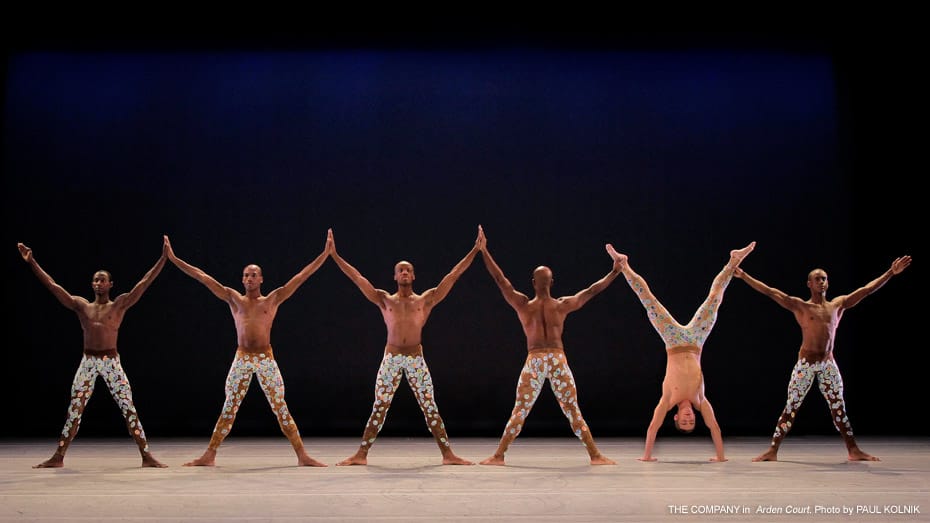
"Arden Court", "Cry", "The Hunt", "Revelations"
Alvin Ailey American Dance Theater
City Center
New York, NY
December 24, 2011
Robert Battle's first season as the director of the Alvin Ailey Company began with a complete triumph, as he acquired Paul Taylor's sublime "Arden Court". The Ailey dancers attacked the quick, difficult, and witty choreography with their unique physicality, and captured the uplifting, joyful spirit of the Taylor Company. It was like watching champagne bubbles do an aerobic class. The dancers did seem to tire a bit towards the end, but more experience will surely help their pacing. It was an inspired choice for the company.
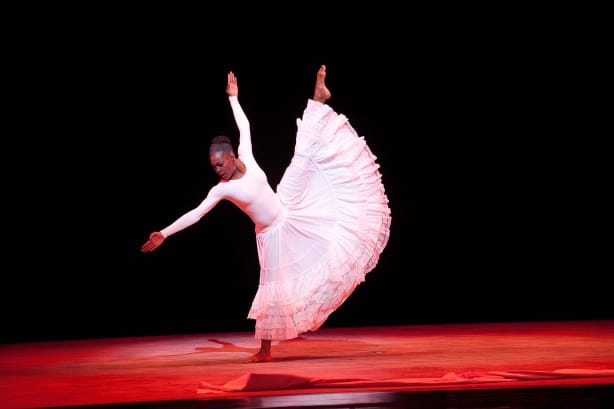
The middle section featured women (or rather one woman, as Briana Reed performed "Cry"), and men, in Robert Battle's all male "The Hunt". "Cry", Ailey's tribute to his mother, to Judith Jamison, and as he said, to "all Black women everywhere", is a portrait of a soul going from work to sorrow to eventual triumph. Briana Reed was strong and clear, especially in the opening movement where she used the long white scarf so effectively to show the stereotypical turban or the exhaustion of a scrub woman.
"The Hunt", six shirtless men in long black skirts lined in red stampeding through percussive music, was less effective in its use of stereotypes; yes, men do fight, but constant stylized violence becomes just a cartoon. It was energetic and very well performed, but ultimately hollow and empty.
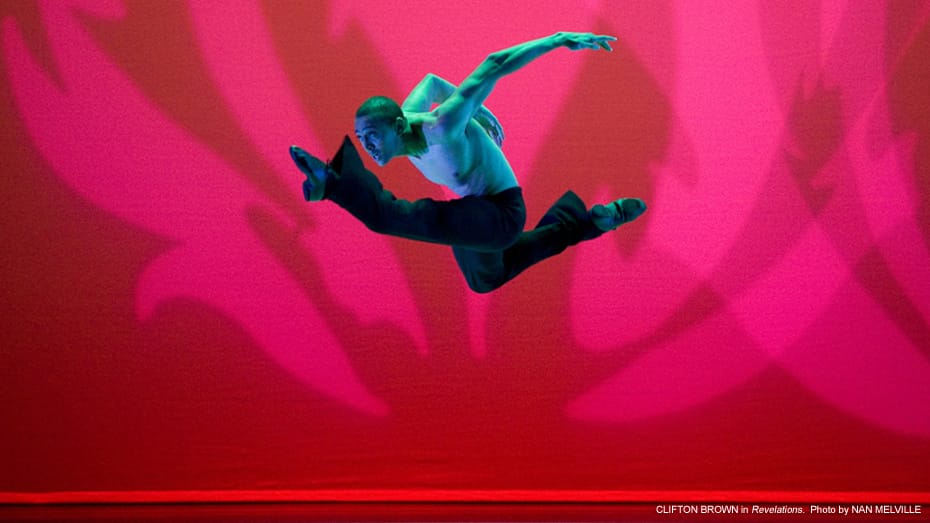
"Revelations", on the other hand, has variety and humanity, and is of course Ailey's enduring work. The dancing is strong and technically thrilling, but it is supported by an underlying spiritual component that keeps it from just being about steps. There are so many great moments, and this year "Fix me, Jesus", danced by Ghrai Devore and Marcus Jarrell Willis, even though it was interrupted by applause, was truly a danced prayer, rather then the technical pas de deux it has sometimes been. Willis seemed to hover around DeVore, guiding and supporting her. He danced so lightly that he didn't seem to touch the ground. DeVore never actually looked at him, she just reached out hoping he was there. "Sinner Man", too, with Jermaine Terry, Clifton Brown, and Renaldo Gardner, had a true desperation, as the men flew through the steps, seeming to run from something, not just hurling from step to step. I did miss Dudley Williams, who brought experience and a certain fragility to "I Wanna be Ready" that was indelible. Michael Francis McBride, a youthful, open-faced and generous dancer, looked like he wanted to be ready for the big game, but his ability to pause at the top of a movement and reach a bit farther gave his dancing a true spiritual dimension. "Rocka My Soul" was as always rousing, but also touching, as the men in the back paused to shake each others hands with a warmth that included the entire audience. The quiet, almost contemplative gestures set off the more flamboyant steps, and give the wonderful finale an anchor. The dancing does not have to be ever bigger and broader to maintain its effect, because in the end, it isn't about movement, it is about people, and even under new management, the Ailey dancers keep this alive.
copyright © 2011 by Mary Cargill
